|
|
Tesla incorporates sustainability into their mission, but they are not a sustainable company.
More people are buying electric cars than ever before. Earlier this year, Tesla passed GM, Ford and Fiat Chrysler in market cap. With so many new buyers in 2020, we decided to put Tesla’s sustainability to the test.
Busy? Try the speed read.
Founder story: Elon Musk (co-founder) is a controversial figure with a complicated history. But he is a forward-thinker that can help drive a more sustainable future.
Industry standards: Automakers have a history of poor environmental standards. The manufacturing process requires loads of resources, equipment and infrastructure. Tesla has a $500bn+ market cap, so we understand that complete sustainability is difficult to accomplish.
Materials: Modern cars use metals (aluminum in common), silica, rubber, plastic, rubber, soy, wheat, rice… to name a few. In terms of sustainability, the lithium ion battery is most concerning.
Tesla’s current battery uses cobalt… linked to human rights violations in the Congo. Cobalt also makes the vehicle more expensive. Tesla is currently working to remove cobalt from their supply chain.
Ethics: To hit ambitious production goals, Tesla overworked domestic workers in a pretty ugly way. That adds to their controversy in the Congo. Not a good look when a billionaire does so well and you find out workers were unhappy.
Bottom line: Tesla has sustainability tied to its mission, and they are doing awesome things in the solar energy space. Still, their current business model is not sustainable. Wait until Tesla removes cobalt, improves worker conditions and reduces vehicle prices to make an ethical purchase.
Dig deeper → 5 min.
Tesla’s founder story
Many folks attribute Tesla Motors’ creation to tech mogul Elon Musk, but the automaker was actually founded in July 2003 by engineers Martin Eberhard and Marc Tarpenning. They named the company as a tribute to inventor Nikola Tesla.
After a series of lawsuits over equity and other founder stuff, the courts ruled Musk to be one of five co-founders based on his significant contributions to the the company.
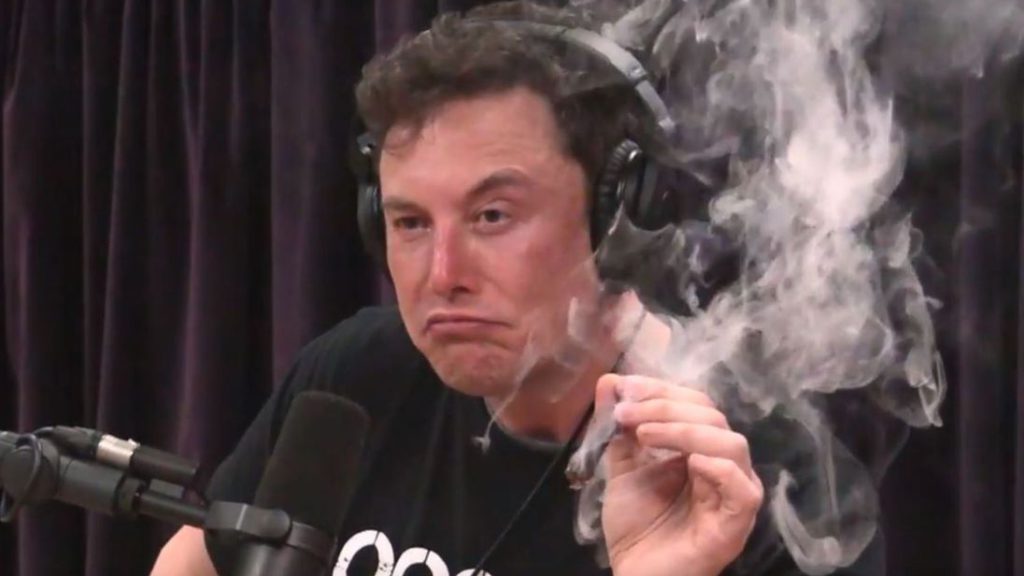
Musk has served as CEO of Tesla Motors since 2008. Since then, the billionaire has been a PR roller coaster… sending wild tweets, sparking joints on podcasts, sending rockets to space.
It’s difficult to pinpoint just exactly where Musk lies in the public conversation… do we love him or hate him?
In 2006, Musk exclaimed that “the overarching purpose of Tesla Motors…is to help expedite the move from a mine-and-burn hydrocarbon economy toward a solar electric economy” and it would build a wide range of electric vehicles, including “affordably priced family cars”.
Elon Musk, who also created Paypal (Venmo), SpaceX, the Boring Company, Neuralink, and OpenAI, is no poster-child of entrepreneurial sustainability with Tesla. Still, he is a forward-thinking innovator who may contribute big in the sustainability space. No serious brownie points lost here.
Industry standard and company size
In general, automakers have a poor reputation for sustainability. That’s why they are investing billions of dollars in sustainability initiatives. Just about every major automaker has an electric or hybrid vehicle in the market. The hope is that electric vehicles will reduce fossil fuel production and lower carbon emissions over time.
Tesla is the world’s largest electric vehicle maker. With great size comes great responsibility, and their massive global supply chain puts serious pressure on the future of auto-making. Add billions in revenue, and this makes sustainability goals for Tesla an even greater challenge.
As a publicly traded company with a high market cap around the $500bn range, they should be held to a high standard for sustainability. Without ESG goals directing major firms like Tesla, the sustainability movement will lack big time.
Material assessment
Modern cars are made up of metals (aluminum in common), silica, rubber, plastic, rubber, soy, wheat, rice… to name a few. They also require loads of regular gas & oil for maintenance. That’s why electric cars became so enticing for manufacturers. Tesla vehicles don’t need oil & gas in theory, but electricity needs oil & gas.
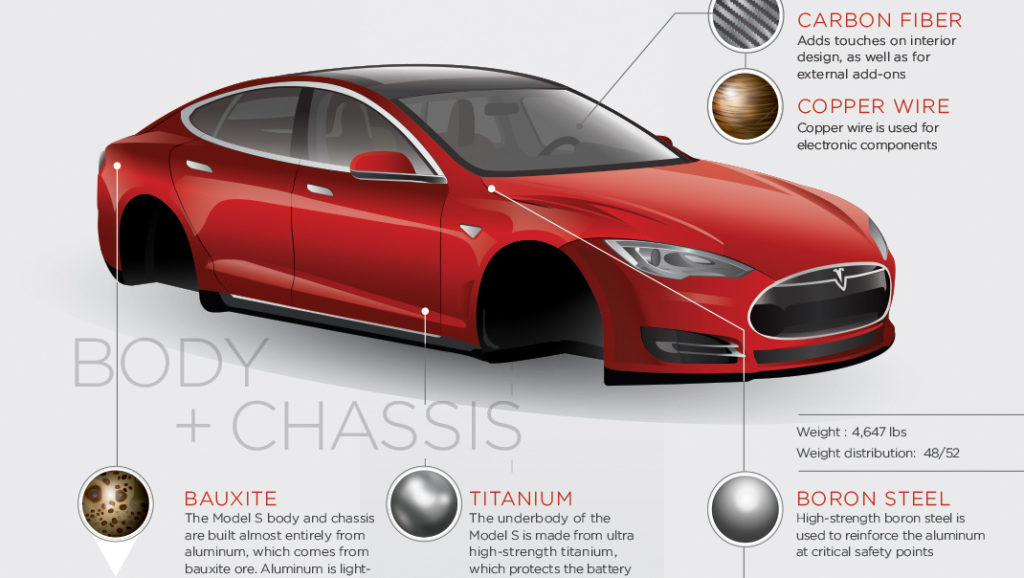
Critics point to the dependency of electricity power generation on fossil fuels to operate. If you still need fossil fuels to charge up every week, are electric vehicles really more sustainable?
The push for renewable electricity
As Musk noted during Tesla’s Battery Day event this year, wind & solar now make up the majority of new electricity generation capacity in the US. Moreover, electricity from coal dropped to 17.7% this year, down from 50% in 2005.
As renewables account for more electricity, Tesla’s carbon footprint will decrease. And this trend is moving in Tesla’s favor. In 2020, the electric vehicle maker put out over one million vehicles.
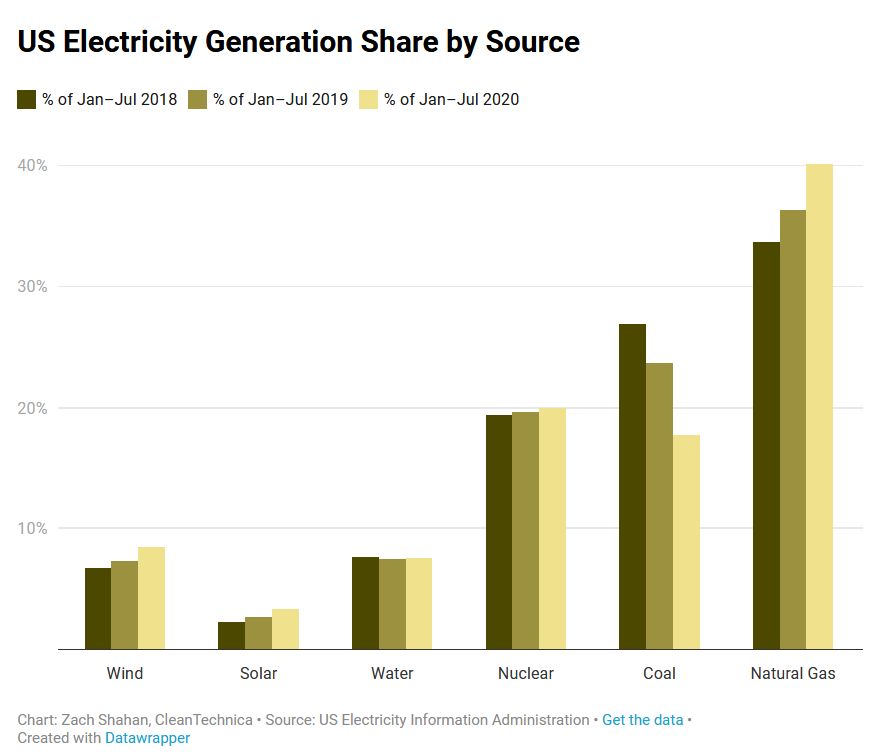
Based on company sustainability reports, Tesla saved 3,623,138.53 tons of carbon from being emitted into our atmosphere.
This calculation uses the number of miles driven by Tesla cars and the amount of carbon emitted had those cars been gas guzzlers. The calculation did not take production into account. That is where I am most concerned.
I want to share this excerpt from a Forbes article in 2016 that I think did a good job comparing Tesla manufacturing to a traditional internal-combustion car:
[The Union of Concerned Scientists] found that the manufacturing of a full-sized Tesla Model S rear-wheel drive car with an 85 KWH battery was equivalent to a full-sized internal combustion car except for the battery, which added 15% or one metric ton of CO2 emissions to the total manufacturing.
However, they found that this was trivial compared to the emissions avoided due to not burning fossil fuels to move the car. Before anyone says “But electricity is generated from coal!”, they took that into account too, and it’s included in the 53% overall reduction.
Cobalt batteries are a problem
Tesla’s sustainability depends on a business model that is 1) profitable in the long-term and 2) upholds environmental/social standards. As part of Tesla’s business model, the automaker depends on cobalt batteries… for now.
Tesla announced earlier this year its intention to move away from lithium-ion batteries w/ cobalt and toward lithium iron phosphate (LFP).
This would be crucial in that it would remove scandal-ridden cobalt from the manufacturing process (more on that in a sec) and drive down the hefty price tag.
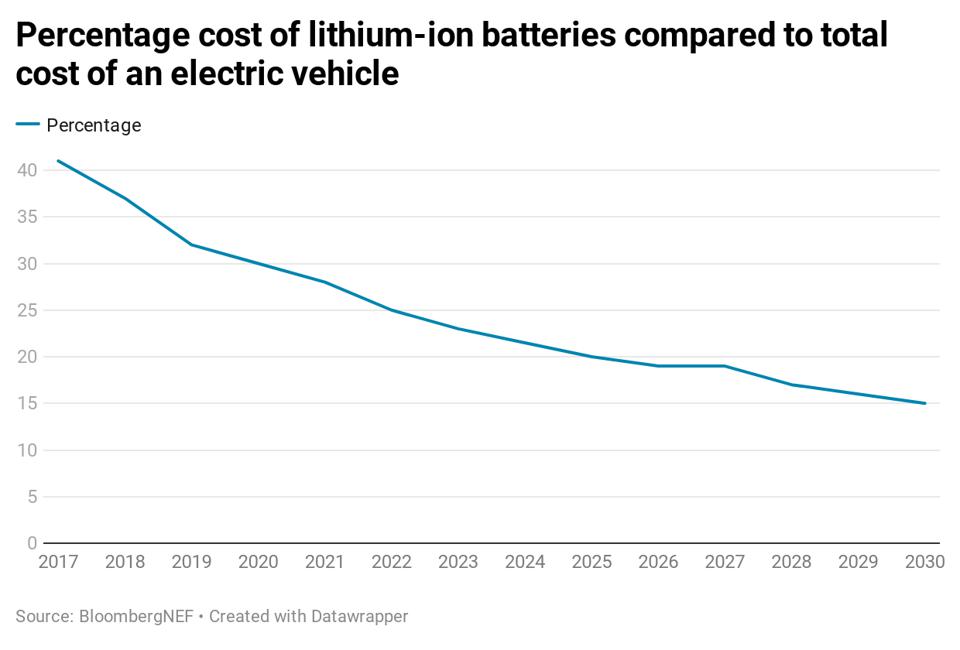
Lithium-ion batteries make up more than a quarter of Tesla’s sticker price. How can we praise a publicly traded car manufacturer for sustainability if only a small percentage of the market can afford it?
On average, electric vehicles are $12,000-19,000 more expensive than a traditional one. That’s worth more than my current hybrid car itself!
Tesla’s solar panels
It’s also important to note Tesla’s role in the household solar market, which falls under the Tesla umbrella. Tesla offers the cheapest prices for rooftop solar power systems. That is a feat worthy of praise.
While it is difficult to measure its direct impact on energy saving, offering an affordable household product that increases renewable energy is a plus. Solar panels come with their own set of criticisms, but that is for another discussion.
Transparency and ethics
Back to the lithium ion batteries. While Tesla plans to move away from their cobalt cousins, they are still in production. So we’ll leave this here.

Last year, Tesla was listed in connection to a major human rights scandal in the Democratic Republic of Congo. Apple, Google, Dell and Microsoft were also listed.
According to the Guardian, the lawsuit accuses the companies of “aiding and abetting in the death and serious injury of children who they claim were working in cobalt mines in their supply chain.”
Domestic worker conditions fail too
Tesla has a history of lawsuits and allegations that you can view here. But most of these issues deal with SEC regulators and other tedious hiccups. The most important theme ties to workers’ conditions.
Tesla acknowledged that its recordable incident rate (TRIR) exceeded the industry average from 2013-2016. Precise data was not released by the company.
Musk claims that workers’ conditions have since improved, but testimonies from ex-employees contradict that.
Jonathan Galescu, a production technician for the company, said, “I’ve seen people pass out, hit the floor like a pancake and smash their face open. They just send us to work around him while he’s still laying on the floor.”
Issues of overworking staff have been attributed to Tesla’s ambitious production goals. Musk insists their worker demands are within reason, but there is certainly evidence to suggest to contrary.
Not a good look when you have that much success on the back of a tired hard working staff.
Ongoing evaluation
I am always wary of major corporations that claim to be sustainable, or do-gooders. It appears that Tesla’s has ties to sustainability, but there isn’t even much information about environmental impact on their website.
Or if it’s there, it’s not easy to find. Tesla is not a sustainable company as it exists today.
There are a few cool developments in their manufacturing process that will drive the cost down and lessen their impact on conflict areas in places like the Congo.
I think as long as the company continues to strive for better business, they will be in good shape to drive toward sustainability goals.
If I had the choice to get a Tesla, I’d probably wait. I don’t see any difference between purchasing a Tesla versus a hybrid vehicle or lower-priced electric vehicle based on ethics and all sustainability factors accounted for.
Wait until Tesla removes cobalt, improves worker conditions and reduces vehicle prices to make an ethical purchase.






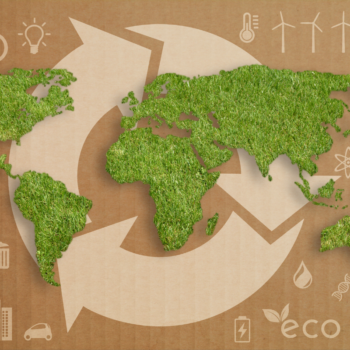


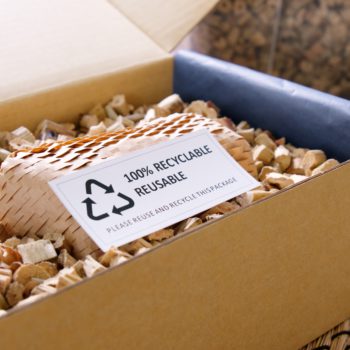



No Comments